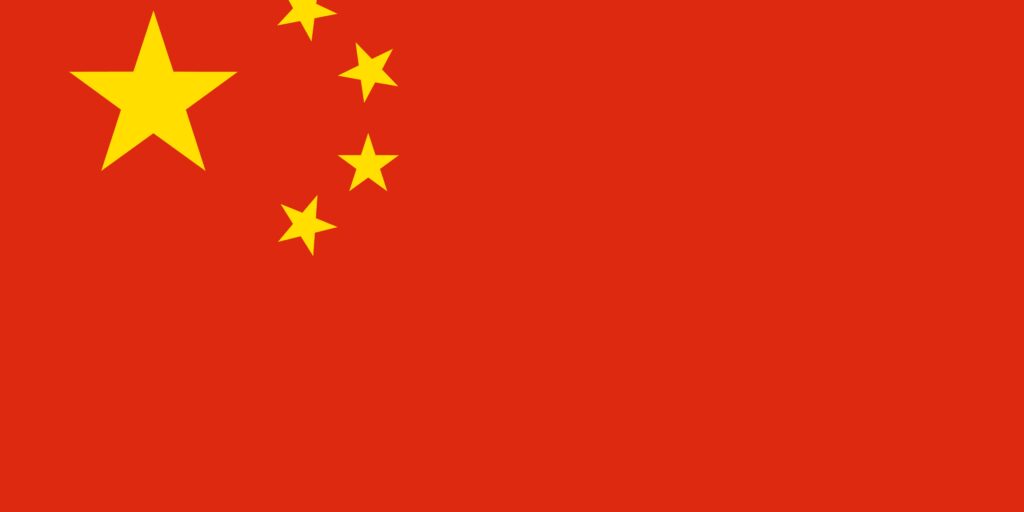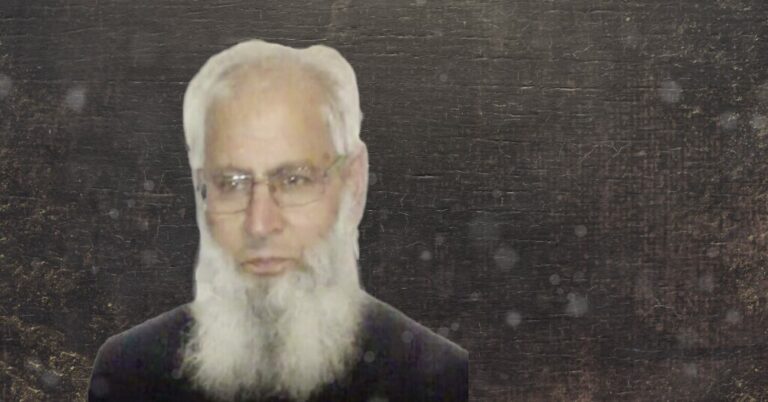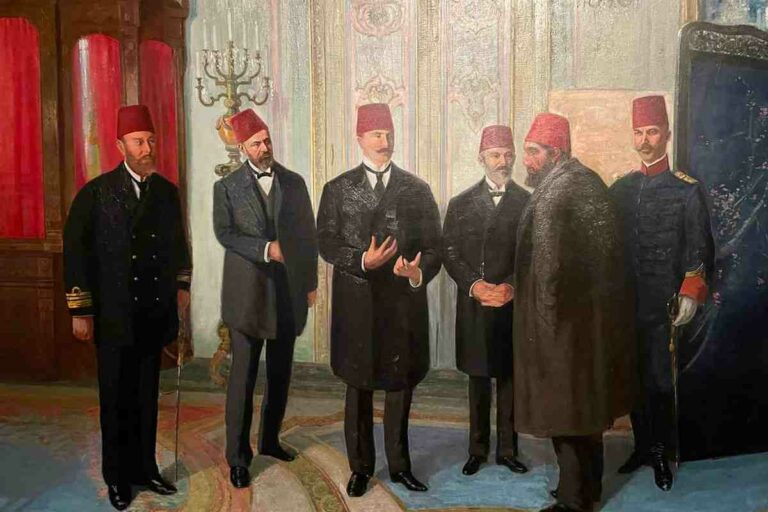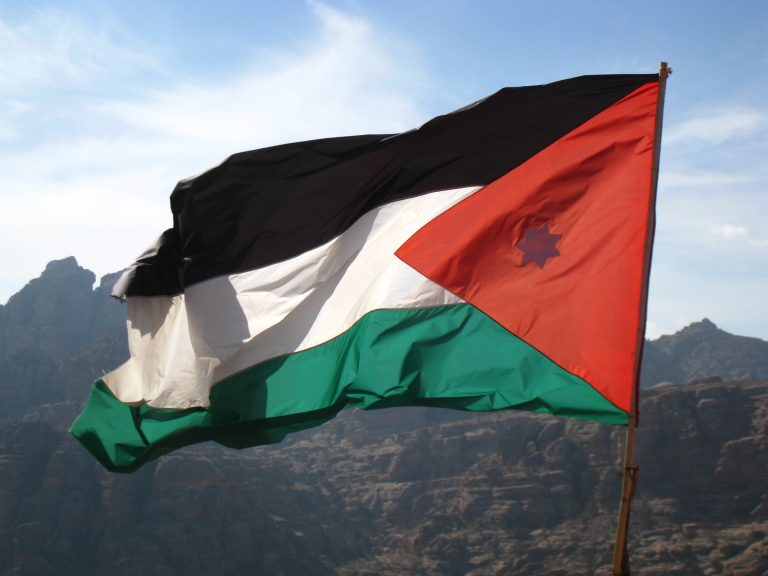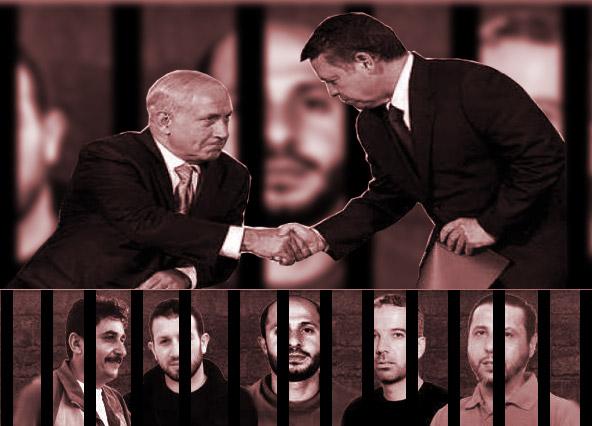The show of force comes as Chinese President Hu Jintao cut short a visit to Italy for the G8 summit to deal with the crisis.
The unrest between Muslim Uighurs and Han Chinese began on Sunday and has left 156 people dead.
More than 1,400 people have been arrested over the violence.
The BBC’s Quentin Sommerville, reporting from Urumqi’s Uighur neighbourhood, says there are thousands of paramilitary police in the city in a situation he says is martial law in all but name.
Our correspondent says the situation is still tense, with rumours and counter-rumours of ethnic attacks.
He says security forces in full body armour and with semi-automatic weapons have drawn a line between the two communities.
Fresh scuffles have been reported as police try to arrest protesters.
Reuters news agency said crowds of Han Chinese were volatile and growing. Some were angry that police were arresting young Han men.
Reporters from the AFP news agency also said they had seen fresh violence on Wednesday, including one attack on a Uighur man by Han Chinese.
They said the man was beaten and kicked by about six people as dozens of Han Chinese yelled encouragement, before police moved in to end the attack.
President Hu was expected to join G8 talks taking place in Rome on Thursday.
Instead he flew home from an airport in Pisa, leaving officials to represent China at the G8 summit. He arrived back in Beijing on Wednesday, China’s official news agency Xinhua said.
A state visit to Portugal has also been cancelled.
Our correspondent says the authorities in Xinjiang have been told they have to sort the crisis out as soon as possible amid the embarrassment of Mr Hu having to cancel his G8 attendance.
He says promises by the government of Mr Hu, a former party leader of troubled neighbouring Tibet, to guarantee ethnic harmony and stability in western China increasingly lack credibility.
‘Deadliest riot’
On Tuesday, riot police fired tear gas to break up groups of Han Chinese armed with clubs, who said they were angry at violence carried out by Uighurs in the north-western province.
Early in the day, Uighur women had rallied against the arrest of family members, saying hundreds of their men had been detained arbitrarily in a massive police sweep through Urumqi’s Uighur districts.
Later hundreds of Han Chinese marched through the streets of Urumqi smashing shops and stalls belonging to Uighurs.
Our correspondent says some of the protesters were shouting “down with Uighurs” as they rampaged through the streets armed with homemade weapons.
Officials say 156 people – mostly Han Chinese – died in Sunday’s violence. Uighur groups say many more have died, claiming 90% of the dead were Uighurs.
One official described Sunday’s unrest as the “deadliest riot since New China was founded in 1949”.
The unrest erupted when Uighur protesters attacked vehicles before turning on local Han Chinese and battling security forces.
They had initially been protesting over a brawl between Uighurs and Han Chinese several weeks earlier in a toy factory thousands of miles away in Guangdong province.
China’s authorities have repeatedly claimed that exiled Uighur leader Rebiya Kadeer is stirring up trouble in the region.
But she told the BBC she was not responsible for any of the violence.
Tensions have been growing in Xinjiang for many years, as Han Chinese migrants have poured into the region, where the Uighur minority is concentrated.
Many Uighurs feel economic growth has bypassed them and complain of discrimination and diminished opportunities.
Some Uighurs support the notion of an independent state and there have been a number of bombings and some attacks on security forces.
Chinese authorities say the Xinjiang separatists are terrorists with links to al-Qaeda and receive support from outside the country.
Campaigners accuse China of exaggerating the threat to justify tough security clampdowns in the region.
BBC NEWS
[photo:sky news]

